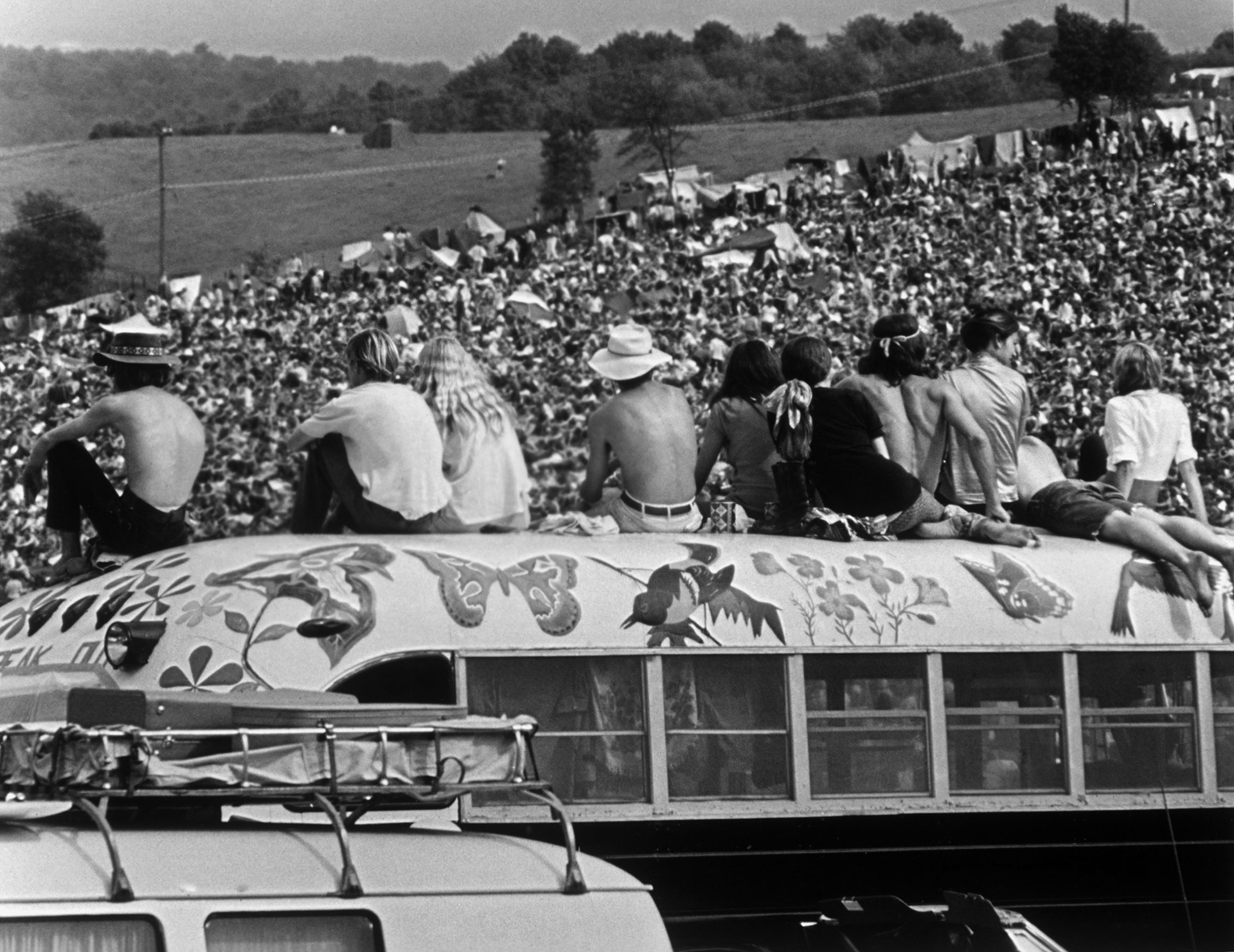Explore the notion of the Sixties as a ‘revolutionary’ period through the four OpenLearn courses:
- A Spiritual Revolution?: Wicca and religious change in the 1960s
- Janis Joplin and the Sexual Revolution
- Simone de Beauvoir and the feminist revolution
- The American Civil Rights Movement
With a focus on the Sixties as experienced by the West, you’ll explore how the era has been presented as one of protest, change and crisis. You will explore the Sixties from the point of view of politics, society, culture, religion, economics and technology.
In A Spiritual Revolution?: Wicca and religious change in the 1960s, you’ll consider whether religious change in the Sixties can be considered as a spiritual revolution. You’ll explore how traditional religion was challenged, and how new religions such as Wicca (a form of modern Paganism) emerged from an age where sexual norms, gender roles and traditional power structures were changing.
Janis Joplin and the Sexual Revolution, will introduce you to issues around the sexual revolution and how this and other contemporary social revolutions of the 1960s impacted upon American rock musician Janis Joplin (1943–1970). You’ll consider the extent to which the contemporary sexual revolution brought about greater gender equality for female popular musicians such as Janis Joplin and consider whether it might be more accurate to view this as a superficial revolution which masked the reality of continued sexual conservatism.
In Simone de Beauvoir and the feminist revolution, you’ll discover some of the main ideas of existential philosophy and explore the life and thoughts of philosopher Simone de Beauvoir. You’ll explore how Simone de Beauvoir extended the ideas of existentialist philosophy to explore how women have been regarded as the ‘Other’, having fixed characteristics and unable to be free to create themselves.
In The American Civil Rights Movement, you’ll explore how the protests of the civil rights movement and the inspiring words of its leaders attracted widespread media attention and captured the public imagination. You’ll consider how the resulting legislative changes helped to overturn a deeply entrenched system of racial segregation across the southern states of the USA, and question how successful this struggle for racial equality was.
The four OpenLearn courses are adapted extracts from the Open University course A113 Revolutions.
Banner image: United Archives GmbH/Bridgeman Images





Rate and Review
Rate this article
Review this article
Log into OpenLearn to leave reviews and join in the conversation.
Article reviews